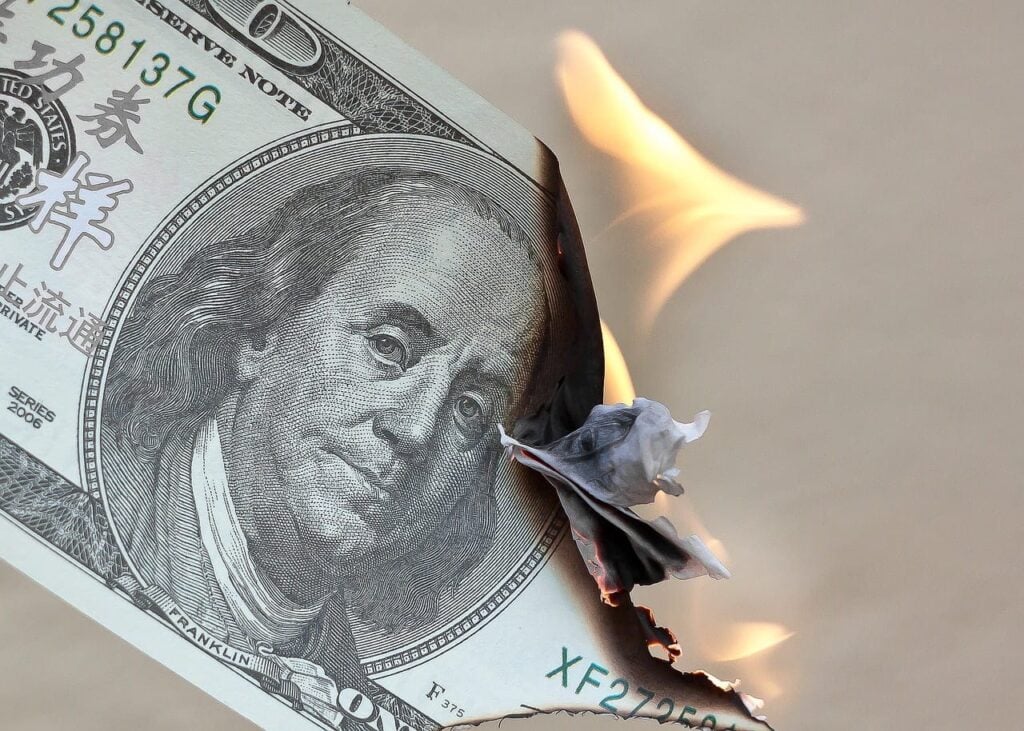"`html
Economic competition drives innovation and often benefits the consumer. Every company legitimately seeks to attract and retain customers, sometimes at the expense of its rivals. It's a normal part of competition. But how far can this competition go? Are there rules that must not be crossed in the race for market share? The answer is yes. When rivalry goes beyond the bounds of loyalty and honest practices, we enter the realm of unfair competition. This is no longer healthy competition, but harmful abuse. For any entrepreneur, understanding the contours of unfair competition is fundamental to knowing how to protect your business and how to react if you fall victim to it. It is also useful to distinguish it fromnon-competition obligation. This article lays the foundations: the principle of freedom, the need for fairness as a framework, and the simple legal basis for punishing abuses.
Freedom of competition: a fundamental principle, but not an absolute one
French law is based on an essential principle inherited from the French Revolution: freedom of trade and industry. Consecrated by the famous d'Allarde decree of 1791, it means that everyone is free to undertake the economic activity of their choice and to carry it out as they see fit. This fundamental freedom, recognised even by the French Constitutional Council, has an equally important corollary: freedom of competition.
In practical terms, this means that you have the right to try to attract your competitors' customers. Customers don't belong to anyone in their own right; they belong, as a lawyer once said, "to those who know how to win them and take them". Losing customers to a rival who is more successful, more innovative or simply cheaper is not in itself a fault. It's the hard but necessary law of the market. This freedom to compete is even encouraged, because it pushes companies to constantly improve, to the ultimate benefit of consumers, who benefit from a more varied and competitive offering. The courts regularly reiterate this principle: attracting a competitor's customers is permitted.
However, this freedom is not a blank cheque. It stops where disloyalty begins. While you can seek to win customers, you cannot do so by any means. Competition must remain fair and conform to what are known as the "honest practices" of commerce or, more simply, to a certain business ethic. Imagine a race: the runners have the right to overtake each other, to speed up, but not to trip up an opponent or take a forbidden shortcut. In economics, it's the same. Visit unfair practices distort the game and undermine market equilibrium.
Why is this limit so important? Without a requirement of loyalty, trust would disappear. Companies would be reluctant to invest and innovate if their efforts could be copied or discredited with impunity by unscrupulous competitors. Unfair competition, if left unchecked, would ultimately undermine overall economic efficiency and discourage honest players. It is to preserve a healthy and fair business environment that the law intervenes to punish behaviour that crosses the line.
The legal basis for the action: civil liability for fault
Unlike other areas of business law, there is no "Unfair Competition Code" in France that lists all the prohibited acts. The reason is simple: human inventiveness when it comes to commercial practices, whether fair or not, knows no bounds. A list would quickly become outdated. It is therefore primarily up to the courts to determine, on a case-by-case basis, whether or not behaviour is unfair. This is referred to as a "praetorian" construction, i.e. one built up by judges over the course of rulings.
What is the legal basis for this? The answer is surprisingly simple and rests on a pillar of French civil law: civil liability for fault. It is article 1240 of the Civil Code (the old and famous article 1382) that is systematically referred to by the courts in cases of unfair competition. What does this article say? "Any act whatsoever by man which causes damage to another person obliges the person through whose fault it occurred to make reparation for it.
- We need a fault behaviour that deviates from the expected norm, a breach of the duty of loyalty.
- You need a damage damage suffered by the victim (loss of customers, damage to image, etc.).
- You need a causal link The damage must be the direct consequence of the fault.
These three elements must be proven by the person claiming to be the victim (we'll go into more detail in a later articleincluding penalties and procedures). What is fundamental to understand here is that the system is based on the notion of fault. Without proven fault, even if a competitor causes you harm, there will be no unfair competition in the legal sense.
One point is worth emphasising: the nature of the fault. For a long time, it was thought that "disloyalty" implied an intention to harm, or manifest bad faith. This is no longer the case. The case law is very clear: a simple fault of negligence orcarelessness may be sufficient to constitute unfair competition. For example, if you launch a new product with packaging very similar to that of a competitor without checking beforehand, thereby creating confusion for customers, you could be found at fault even if you had no intention of deliberately copying. The duty of care and caution in economic competition is therefore real.
Why is identifying unfair competition essential for your business?
For business owners, craftsmen and self-employed professionals, being vigilant about unfair competition is not a luxury - it's a necessity. Why should you do this?
Firstly, it involves protect your most valuable assets. Your customer base, patiently built up, your brand image, forged by your communication efforts and the quality of your services, your unique know-how, the fruit of your investment in research and development... all this constitutes considerable economic value. Unfair competition can directly threaten these assets, by diverting your customers through confusion or denigration, by trivialising your image through free ridingor by plundering your know-how through espionage or targeted poaching.
Secondly, recognising unfair practices makes it possible to fighting for a level playing field in your market. If a competitor flouts the rules (tax, social, environmental) or uses deceptive methods, they gain an unfair advantage that distorts competition for all those who play by the rules. Taking action against unfair competition also means defending a healthier business environment for your entire sector.
Thirdly, ignoring or ignoring acts of unfair competition can permanently weaken your company. An uncontrolled loss of clientele, a damaged brand image, an innovation copied before it is even profitable... the consequences can be serious and jeopardise the future of your business.
Finally, knowing how to identify a potential situation of unfair competition is the first step towards decide to take action and consult a lawyer. A legal professional will be able to analyse the facts in detail, assess the chances of success of an action, advise you on the strategy to adopt (negotiation, summary proceedings, action on the merits) and help you gather the necessary evidence. The intervention of a lawyer is often decisive in putting an end to the disturbance and obtaining fair compensation for the damage suffered. It's easy to imagine the anxiety and sense of injustice that these situations can provoke; with the right legal support, you can deal with them more calmly and effectively.
Competition is an inescapable economic reality. But it must take place within a fair framework. Understanding the basics of unfair competition, knowing that it is based on the simple concept of civil fault and that it is designed to protect your efforts and your business, is an essential first step to successfully navigating the business world.
If you believe you are the victim of unfair practices by a competitor, our firm can help you assess the situation and defend your interests effectively. Contact us for an initial analysis and a legal support.
Sources
- Civil Code: Article 1240 (formerly article 1382), Article 1241 (formerly article 1383).
- Allarde Decree of 2-17 March 1791 (historic reference to freedom of trade and industry).
- Paris Convention for the Protection of Industrial Property: Article 10 bis (reference to the international definition).
" `




